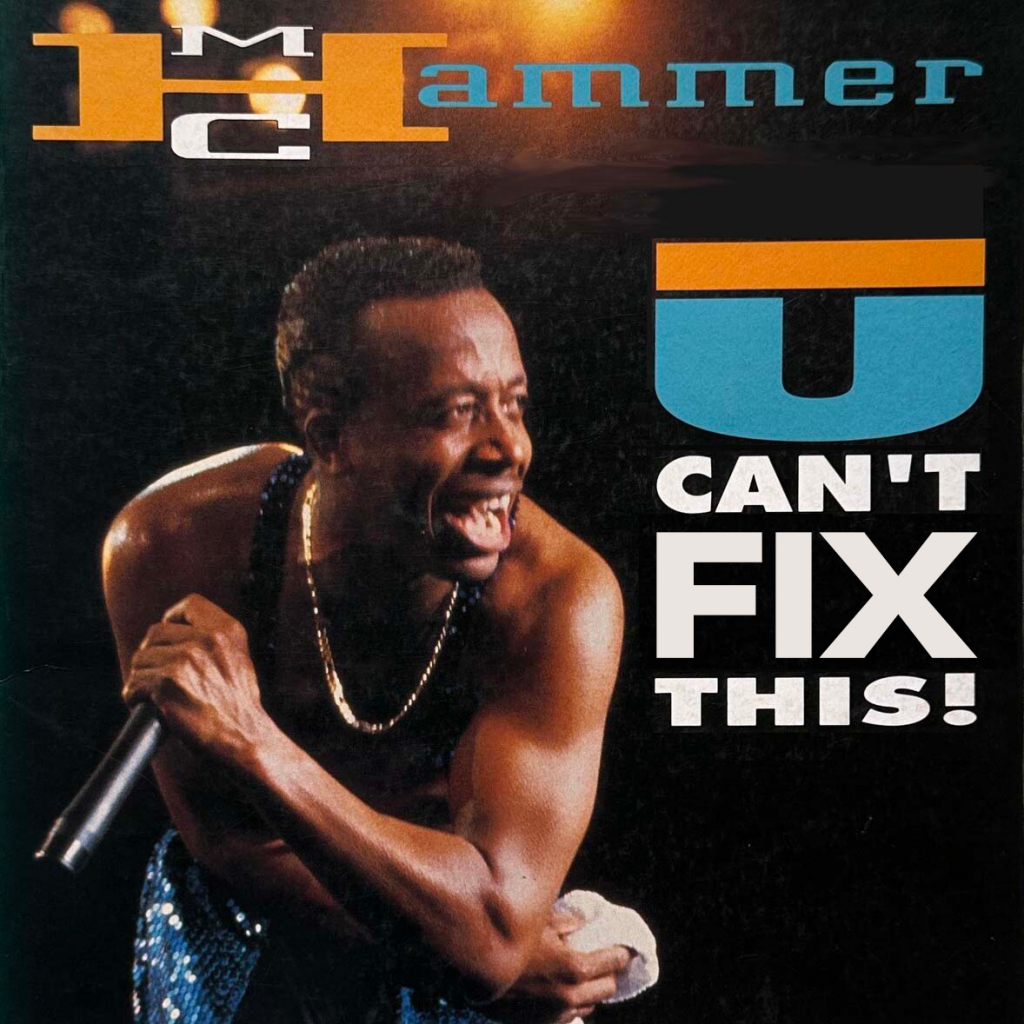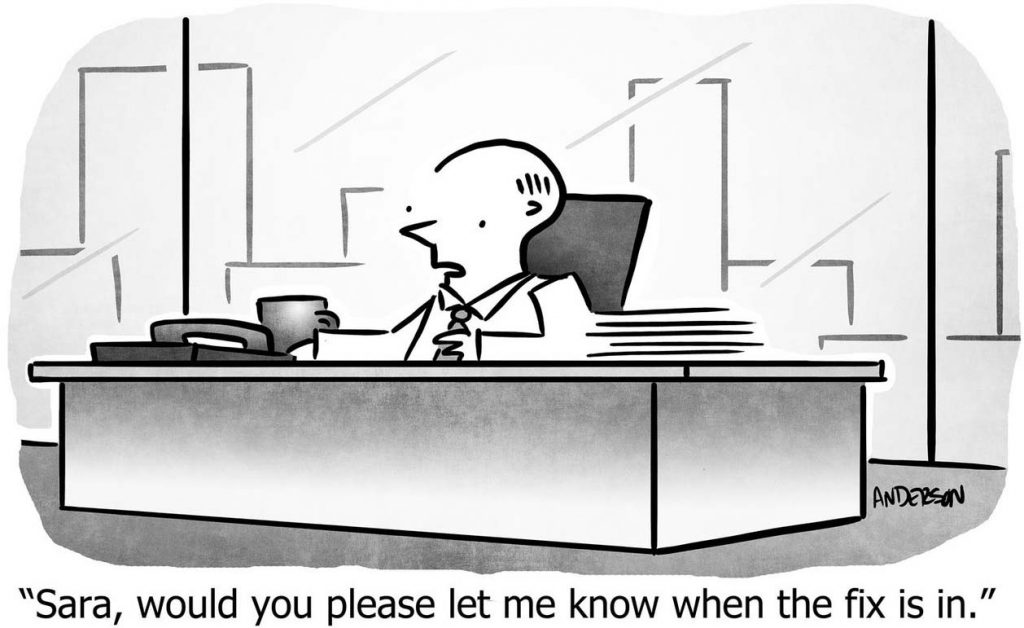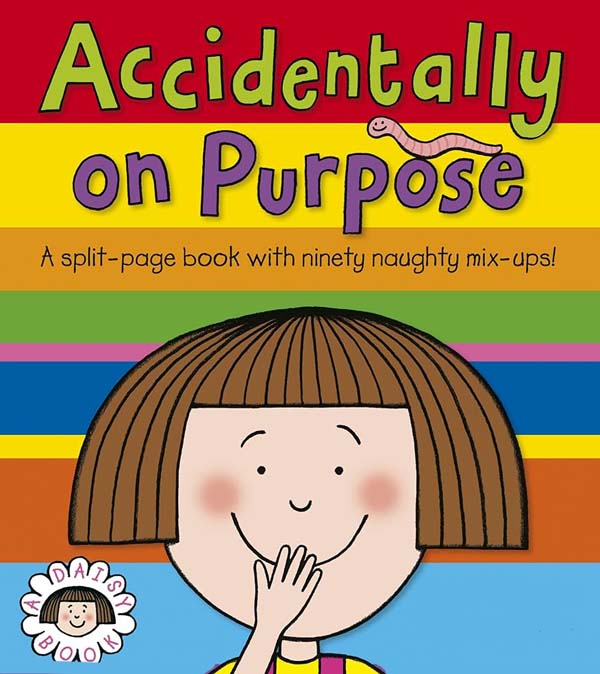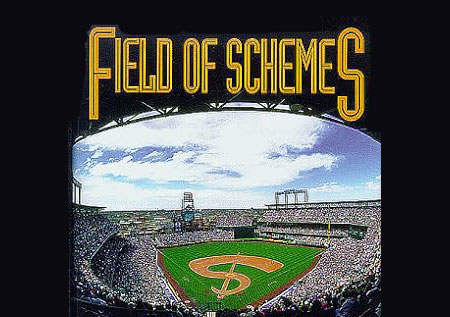“The way you know that Welch has the votes is because all the agreement documents have now been made public,” a former high level elected official told the Guardian on condition of anonymity. “That’s how this works – you don’t release the documents until you know you have the votes.”

If so, that would explain the delays in having city council vote. It would also explain why it took 15 months for Welch to get from announcing Hines/Rays as his pick to carry out the Stadium Area Redevelopment (SAR) that Welch prefers to call the Historic Gas Plant (HGP) redevelopment.
In fact, Welch and city officials avoid the word “stadium” in all of their messaging because they know that $2 billion in subsidies to a pro baseball team is not popular with voters.
Welch stumbled in September when he called the 86-acre site “sacred land” and spoke about how he as a young man worshipped in a church on the site. By doing so, he opened up the city to a lawsuit alleging that Welch is motivated in part by his religious convictions, and unlawfully injecting them into a public policy matter. “Unlawful” basically because governments cannot spend tax dollar to advance religious agendas.
Since that time, Welch appears to have bitten his now taciturn tongue, even in light of our recent article showing that Welch turned down a bid from one of the three losing bidders that involved zero public funds for the the project.
Our even more recent article showed that the Hines/Rays proposal lacked an important document required by the city. Also that revelation elicited no response from the city.
The reason for the silence now appears clear: the unfixable disqualifying deficiency in the Hines/Rays proposal can safely be ignored by all involved — because the fix is in. As our readers will see, the 1980’s are back, but in a much worse and corrupt form.

Last year, Welch suggested that the “fulfillment of promises to the black community” was a reason for his vision of the proposed redevelopment. Welch recalled “how Gas Plant residents were forced to move with the rise of Tropicana Field and the dividing interstate.”
However, a review of review of relevant agreements and city council action authorizing the bulldozing of the Gas Plant district shows no records of such “promises” being made.
Also, our public records request to the city 12 days ago asking for records that the city and Mayor Welch themselves consider to records of such “promises” regarding the stadium area (and Tangerine Plaza) remains open. No records have been produced to date.
Furthermore, Welch’s father David T. Welch was elected to St. Petersburg City Council in 1981. Welch, Sr. was on city council when the city’s “InTown Redevelopment Plan” was published in March, 1982.
The plan expressly stated that “all parcels in the Gas Plant Redevelopment Area will be acquired and the structures thereon demolished, except for” no demolition of structures on 10% of the 60 parcels. No promises to those suffering “relocation of households and businesses” and “demolition of structures” were promised apart form compensation under eminent domain.
In fact, the word “promises” doesn’t appear even once in the 1982 redevelopment plan, or in any other official city action regarding the those households and business displaced.

Despite the proven lack of legally binding “promises,” David Welch voted for all actions to obliterate the Gas Plant district, and voted for building a stadium, despite a petition by 8,000 St. Pete residents to not go forward with it.
David Welch’s obituary in the Tampa Bay Times (2013) noted that “over three terms on the City Council, Mr. Welch was known for arguing unpopular positions forcefully. He backed redevelopment of the gas plant area where he had grown up, resulting in Tropicana Field.”
Is “forcefully arguing (and voting for) for unpopular positions” against what residents want consistent with representative democracy?
In this redevelopment round involving the same land, will affordable housing draw the shortest straw? Just like black residents and their displaced businesses did in the 1980’s?
As always….the Guardian reports and the readers decide. Please like our Facebook page to find out when we publish new stories.




